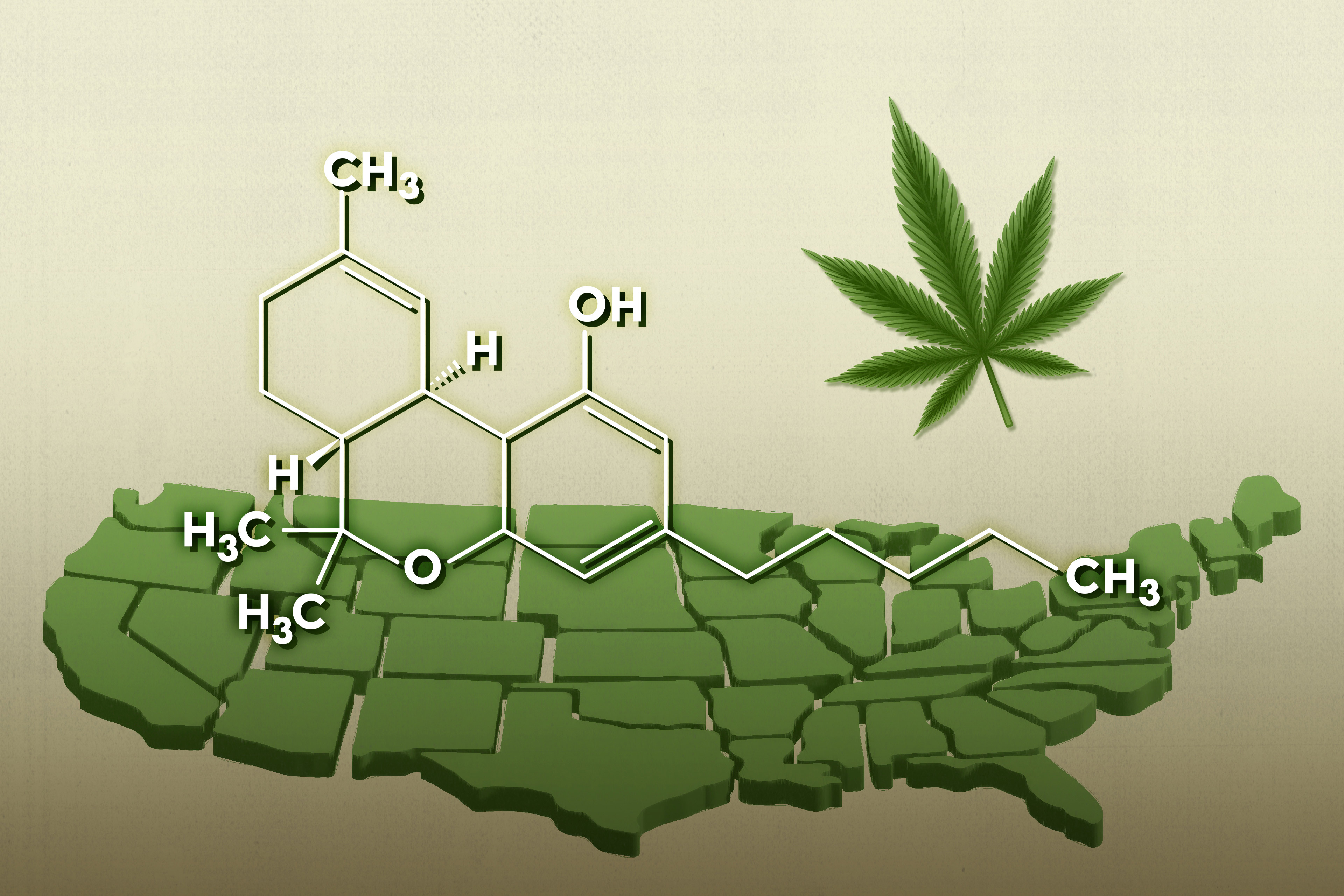Associate
To be fair that is mostly Coke these days rather than alcohol, or both
I've had acquaintances who definitely weren't using cocaine who started fights after getting extremely drunk on nights out. Some people have a lot of repressed anger/violence which is disinhibited when they drink heavily and then all it takes is a trigger to set them off. There was one man I knew growing up who had a real Dr Jekyll/Mr Hyde relationship with alcohol. He was a coal miner and hard as nails, nice as pie when he was sober but mean when he was drunk.
On a more serious note there is a risk of it creating some schizos:
They do NOT claim it causes schizophrenia, even in that subset of genetically susceptible teenagers who are heavy users. When you quoted that passage you missed out the sentence which came next:
In high doses, THCs can induce temporary schizophrenia-like psychotic symptoms such as paranoia, delusions, anxiety and hallucinations."
Cannabis psychosis is a reversible condition which will cease after the user stops using it and it gets out of their system. It is not a life-long chronic illness like schizophrenia which requires a lifetime of treatment. It is misleading and factually incorrect to suggest that it is equivalent to schizophrenia. That is a lie which is often repeated by the right-wing to justify cannabis prohibition.
Teenagers are particularly vulnerable to cannabis because of their brain development. The brain is still developing in the teenage years – up to the age of around 20.
Teenagers are buying their cannabis (in the form of Skunk/Spice - which only exists thanks to prohibition) from drug-dealers. They are criminals so they don't care about selling a psychoactive drug to children. The law has already failed to protect children and making it even more illegal (class A) isn't going to change anything (without a huge increase in the number of Police officers and repressive Police State tactics).
Legalising it and state-regulating it so that safer strains are available will squeeze Skunk and Spice out of the marketplace. Once drug-dealers lose all their adult customers it won't be financially attractive to just sell Skunk/Spice to children and policing efforts can be directed at those who try to target children with them. (The aim to protect children after legalisation would also mean far more people would be willing to help stop Skunk/Spice dealers by reporting them, whereas at the moment many people resent cannabis prohibition and dislike those who enforce it.)
The Royal College of Psychiatrists says there is “a massive process of ‘neural pruning’ going on. This is rather like streamlining a tangled jumble of circuits so they can work more effectively. Any experience, or substance, that affects this process has the potential to produce long-term psychological effects”.
This, combined with the strength of today’s cannabis, can have a devastating effect on mental health, said Dr Campbell.
Several research studies have also explored the relationship between heavy alcohol use during childhood and depression/schizophrenia/reduced IQ during adulthood. There are studies which suggest that individuals who engage in heavy alcohol consumption during adolescence may be more vulnerable to developing depression in adulthood.
Alcohol can also impact brain development during this critical period, potentially affecting emotional regulation and increasing the susceptibility to personality disorders. Other research suggests that it may also be associated with an elevated risk of developing schizophrenia or having psychotic episodes in adulthood. There is evidence suggesting that it can have negative effects on cognitive development, resulting in a lowering of the victim's IQ during their adulthood.
However, correlation does not always imply causation, and it is also known that heavy use of alcohol (or indeed cannabis) during childhood is something that many people who already have a developing mental illness do to make themselves feel better. They may have become mentally ill in adulthood anyway.
Given that alcohol is clearly very damaging to children and yet it is commonly consumed in our society it seems that the current age-restriction system for its usage is adequate for protecting children from it, so there is no reason why a similar system could not be used to protect the underaged from legal recreational cannabis.
“We know the chances of developing mental illness from using cannabis are greatly increased depending on how young you are when you start smoking it, the more you smoke it, and the stronger it is,” he said, warning that the chemical profile of marijuana is “up to 100 times stronger than substances around in the 1960s – they have much stronger tetrahydrocannabinols (THCs) – the main psychoactive part of cannabis”.
This business about the increasing strength of cannabis is rather silly. Illegally imported cannabis resin and oil have been available on the black market for decades. They have always had far higher levels of THC than herbal cannabis and so users just smoke less of them. They smoke it until they feel high enough and then stop.
Just like you would drink a pint or two of beer and then stop, or you would drink a double or two of whisky and then stop. Only a total fool would drink a pint or two of whisky! So stating that it's a problem that herbal cannabis has more THC in it nowadays than in the past only works if you assume that the user is still using roughly the same amount of it. It is actually the ratio between THC and CBD in the cannabis which is critical to reducing the incidence of cannabis psychosis.
The reason why we have Skunk and Spice is because of the prohibition of cannabis. Skunk is a C. sativa strain that was selectively-bred over decades and it has a very high THC/CBD ratio (CBD is an acknowledged anti-psychotic), so it is far more likely than natural cannabis strains to cause temporary psychotic symptoms. The only reason people use these more dangerous forms of cannabis is because the natural (far safer) cannabis strains are not available on the black market and are illegal.
By legalising cannabis and controlling it by state-regulation we could remove the market for Skunk and Spice, because recreational users would prefer to use safer, purer cannabis than dodgy street cannabis if they had a choice.
But the problem with good intentions, the notion that there's not much harm in some otherwise sensible person having a bit of weed occasionally is that that's not really where the main problems are going to be, now we have ridiculously strong strains and people who use it very frequently - that sort of thing is a mental health disaster waiting to happen for some.
But those people are already using it very frequently even though it's illegal! All their spare disposable income and savings are going to ruthless gangs of drug-dealers who are involved in violent turf wars and other crime, rather than to honest legally-regulated producers and the HMRC.
The strongest strain, Skunk, makes up over 95% of herbal cannabis present on the black market in the UK. A strain that causes such a choppy experience for many users would not have taken over unless it made better financial sense to drug-dealers to sell it. (It's high THC yield means they can sell more concentrated intoxicating material, grown locally, and it can be harvested earlier which lowers the risk of their growing operations being found by the Police.)
Also, it's incorrect to say that high THC levels are the fundamental problem, because smuggled cannabis resin/oil have been around for many decades on the black market and we did not have such a high level of cannabis psychosis cases until recently. It's the consumption of Skunk (a high-THC/low-CBD ratio strain) and Spice (a toxic synthetic cannabinoid) that are far more likely to cause cannabis psychosis in genetically susceptible heavy users which is the problem.
Legalisation can be used to replace Skunk/Spice with much safer cannabis strains in the marketplace.






